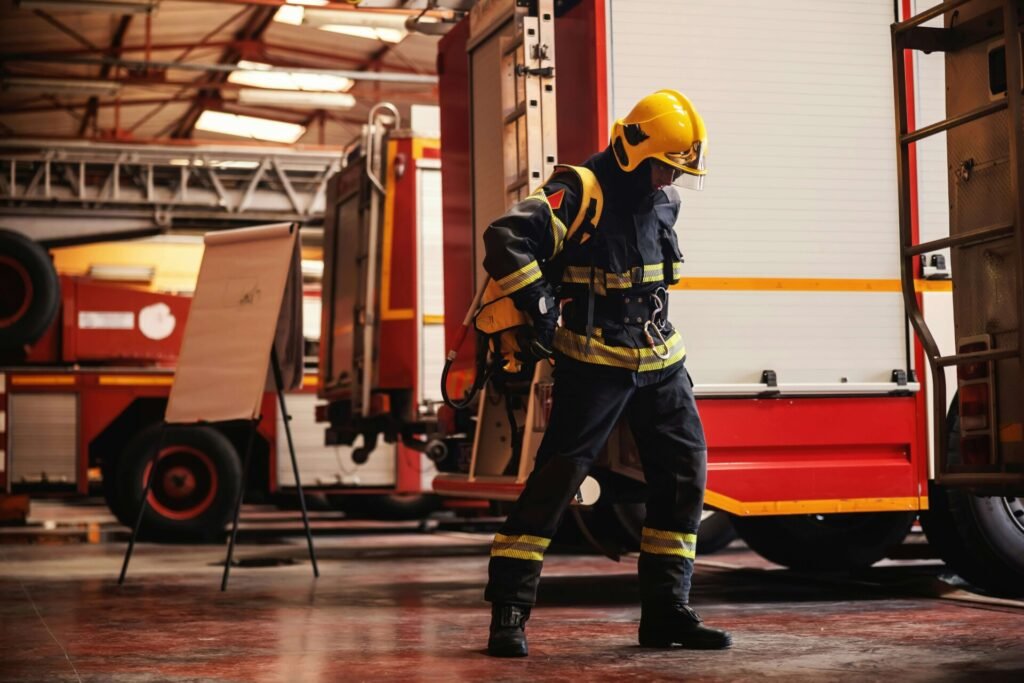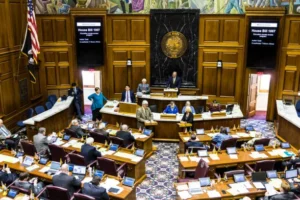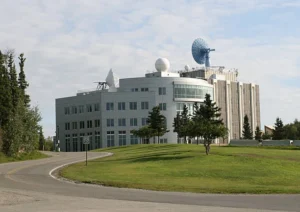Captain Clayton Lex with Anchorage Fire Station 1 recently spoke about the potential dangers of Carbon Monoxide and provided safety tips. Carbon Monoxide safety is important as it is a colorless, odorless gas that can be dangerous if undetected.
CO comes from the incomplete combustion in many everyday household items. According to the EPA, potential CO sources include Unvented kerosene and gas space heaters, chimneys and furnaces, gas water heaters, wood and wood stoves, fireplaces, gasoline-powered equipment, generators, automobile exhaust from attached garages, and tobacco smoke. When these appliances don’t work correctly, they release CO into the home, posing severe health risks.
Captain Lex emphasized that regular appliance maintenance and proper installation can reduce CO risks. However, CO’s lack of smell, color, or taste remains virtually undetectable without a CO detector. Lex advised that the detectors are essential; he called them “the best line of defense” against CO poisoning.
According to Lex, CO detectors generally last up to 10 years, and instructions on the back detail the meaning of different beeps. He noted that having one detector isn’t enough. Professionals recommend having one detector on each building floor for comprehensive protection.
Lex explained that the CO has a density close to air, meaning it neither rises nor sinks. Therefore, detector placement at different heights on various floors ensures safety. He also stated that the Anchorage Fire Department frequently receives calls regarding CO concerns. He stressed that residents should call even if they feel unsure rather than wait.
In case of suspected CO exposure, he recommended leaving the home immediately and shutting all the windows and doors. This action will help responders locate the source of CO more efficiently.
Lex also highlighted the department’s collaboration with Enstar, a local gas company that provides specialized CO detection tools when necessary. Common signs of CO poisoning include fatigue, nausea, and lethargy. The captain advised anyone experiencing these symptoms to call 911 immediately as a Carbon Monoxide safety precaution.
This news article was originally published by Alaska’s News Source.










